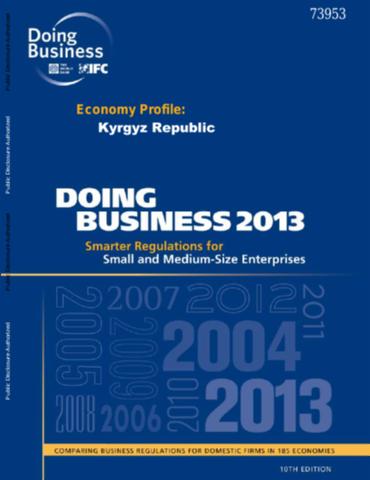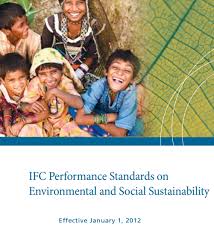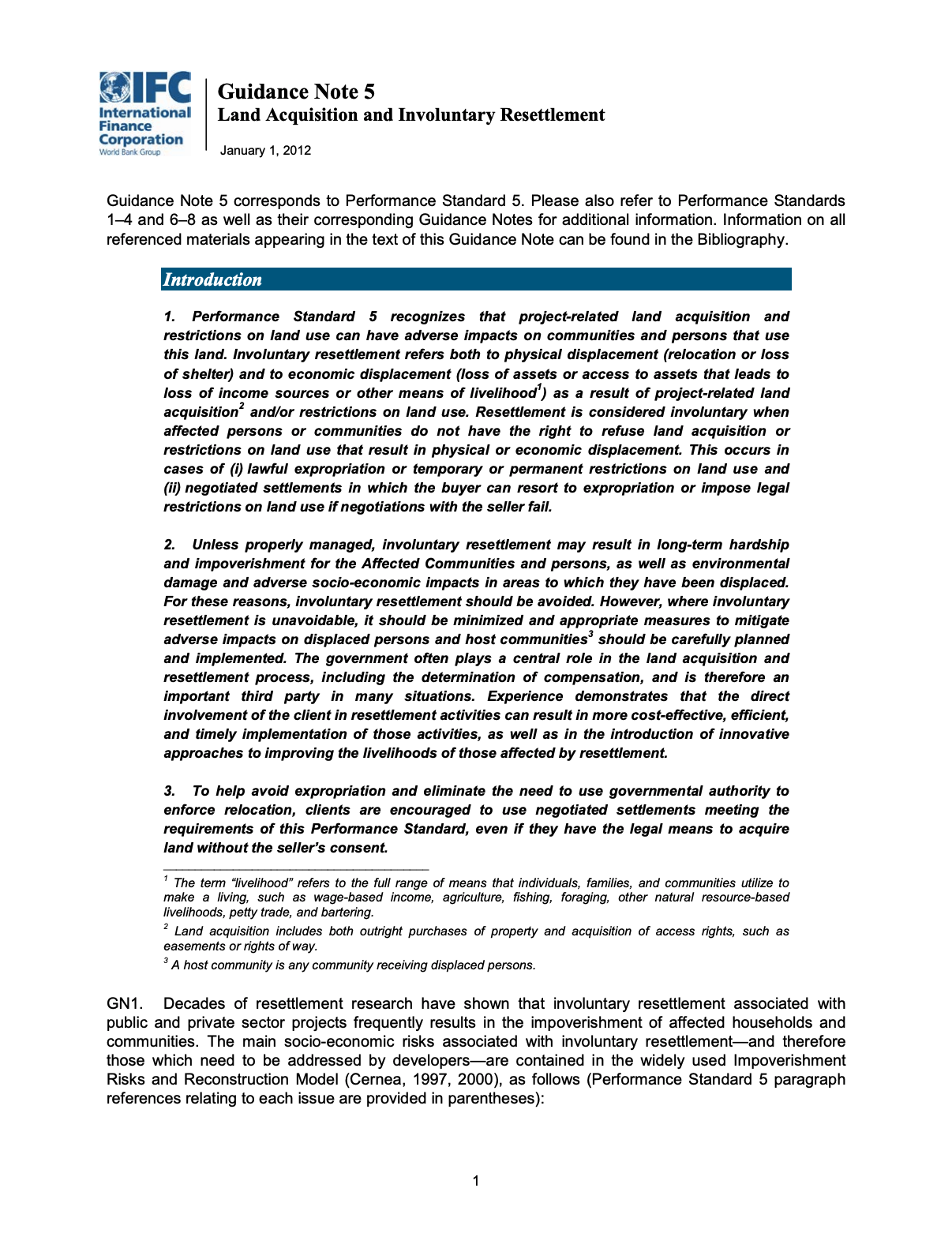Location
The World Bank is a vital source of financial and technic
IFC, a member of the World Bank Group, is the largest global development institution focused exclusively on the private sector in developing countries.
We utilize and leverage our products and services—as well as products and services of other institutions in the World Bank Group—to provide development solutions customized to meet clients’ needs. We apply our financial resources, technical expertise, global experience, and innovative thinking to help our partners overcome financial, operational, and political challenges.
Clients view IFC as a provider and mobilizer of scarce capital, knowledge, and long-term partnerships that can help address critical constraints in areas such as finance, infrastructure, employee skills, and the regulatory environment.
IFC is also a leading mobilizer of third-party resources for its projects. Our willingness to engage in difficult environments and our leadership in crowding-in private finance enable us to extend our footprint and have a development impact well beyond our direct resources.
Members:
Resources
Displaying 36 - 40 of 52Doing Business Economy Profile 2013
This tenth edition of Doing Business sheds light on how easy or difficult it is for a local entrepreneur to open and run a small to medium-size business when complying with relevant regulations. It measures and tracks changes in regulations affecting eleven areas in the life cycle of a business: starting a business, dealing with construction permits, getting electricity, registering property, getting credit, protecting investors, paying taxes, trading across borders, enforcing contracts, resolving insolvency and employing workers.
Doing Business Economy Profile 2013
This tenth edition of Doing Business sheds light on how easy or difficult it is for a local entrepreneur to open and run a small to medium-size business when complying with relevant regulations. It measures and tracks changes in regulations affecting eleven areas in the life cycle of a business: starting a business, dealing with construction permits, getting electricity, registering property, getting credit, protecting investors, paying taxes, trading across borders, enforcing contracts, resolving insolvency and employing workers.
Leasing in Development : Lessons from Emerging Economies
By studying the approach of IFC leasing
technical assistance projects implemented to date, the
authors hope to provide a useful reference. This manual
highlights which elements to look for locally, why
experiences may be different between countries, and what
(based on our collective experience) may be appropriate
courses of action. Examining the approach of current and
past projects, this manual also aims to identify the key
Performance Standards on Environmental and Social Sustainability
The Policy on Environmental and Social Sustainability describes IFC’s commitments, roles, and responsibilities related to environmental and social sustainability. The Performance Standards are directed towards clients, providing guidance on how to identify risks and impacts, and are designed to help avoid, mitigate, and manage risks and impacts as a way of doing business in a sustainable way, including stakeholder engagement and disclosure obligations of the client in relation to project-level activities.
Guidance Note 5 Land Acquisition and Involuntary Resettlement
This Guidance Note provides guidance for investors and companies on the requirements contained in the IFC Performance Standards for issues linked to involuntary resettlement as part of project-related land acquisition. It offers guidance to minimise adverse impacts on displaced persons and host communities, and to improve the livelihoods of those affected by resettlement.







